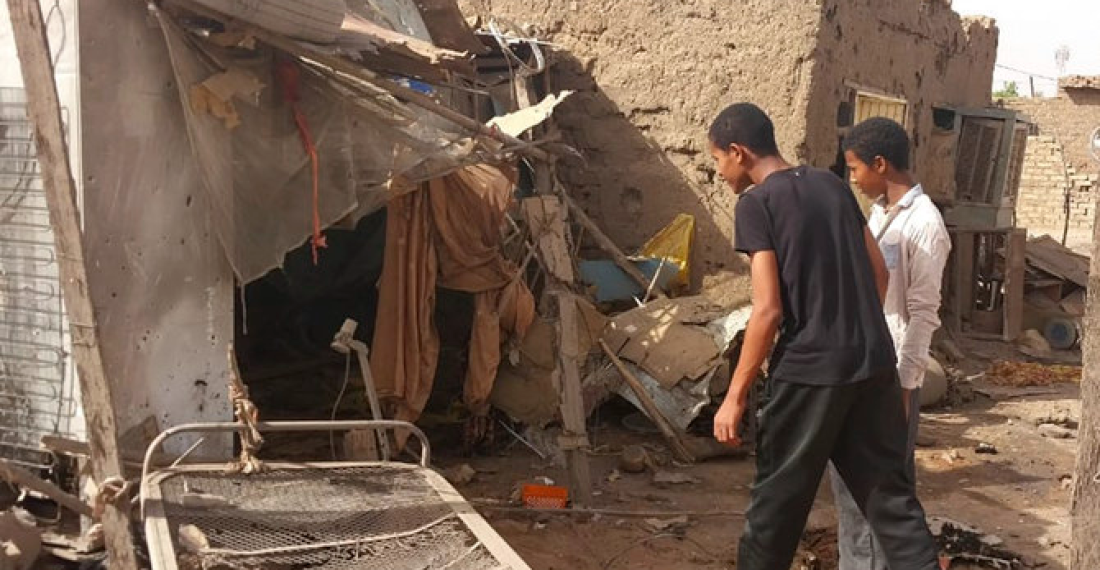Saudi Arabi and the United States are "highly concerned" over serious ceasefire violations during ongoing violence in Sudan, between the Sudanese army and the rival paramilitary group, the Rapid Support Forces (RSF).
In a joint statement released on Thursday evening (1 June), the Saudi Ministry of Foreign Affairs wrote that "the violations are harming civilians and the nation and blocking the delivery of humanitarian assistance and restoration of essential services".
"Once the parties make clear by their actions that they are serious about complying with the ceasefire, the facilitators are prepared to resume the suspended discussions to find a negotiated solution to this conflict," they added.
They urged both parties to seriously commit to the ceasefire and support humanitarian efforts that respond to the humanitarian needs of the Sudanese people.
The White House also announced on Thursday that it will impose sanctions against key defense companies and people who "perpetuate violence" in Sudan.
18 dead in attack on Khartoum market after army pulls out of talks
On Wednesday (31 May), 18 people were killed in shelling and aerial bombardments of a market in the Sudanese capital, Khartoum. The army had previously pulled out of peace talks in the Saudi port city of Jeddah, accusing the RSF of violating a cease-fire that was meant to allow aid deliveries.
The attacks came two days after US and Saudi mediators said the two sides had agreed to extend the initial week-long humanitarian truce by five days. The initial truce was agreed on 20 May and was due to come into force on 22 May. Since then, monitors have commented that the truce has been "imperfectly observed," but said the extension would "permit further humanitarian efforts".
Half the population in need of aid
Since fighting broke out on 15 April as the warring parties failed to reach an agreement over a transition to a civilian government, humanitarian conditions in Sudan have become increasingly desperate, with reports of food, water and power shortages in the capital city, Khartoum, which have been further compounded by widespread looting.
Around 1.3 million people have reportedly fled their homes in a crisis that threatens to destabilise the whole region. More than 1 million people have been displaced inside Sudan, with some 300,000 having fled to neighbouring countries such as Chad, Egypt, and Saudi Arabia.
The UN reports that some 25 million people in Sudan are now in need of aid, which is over half the population.
source: commonspace.eu with agencies
photo: Reuters







